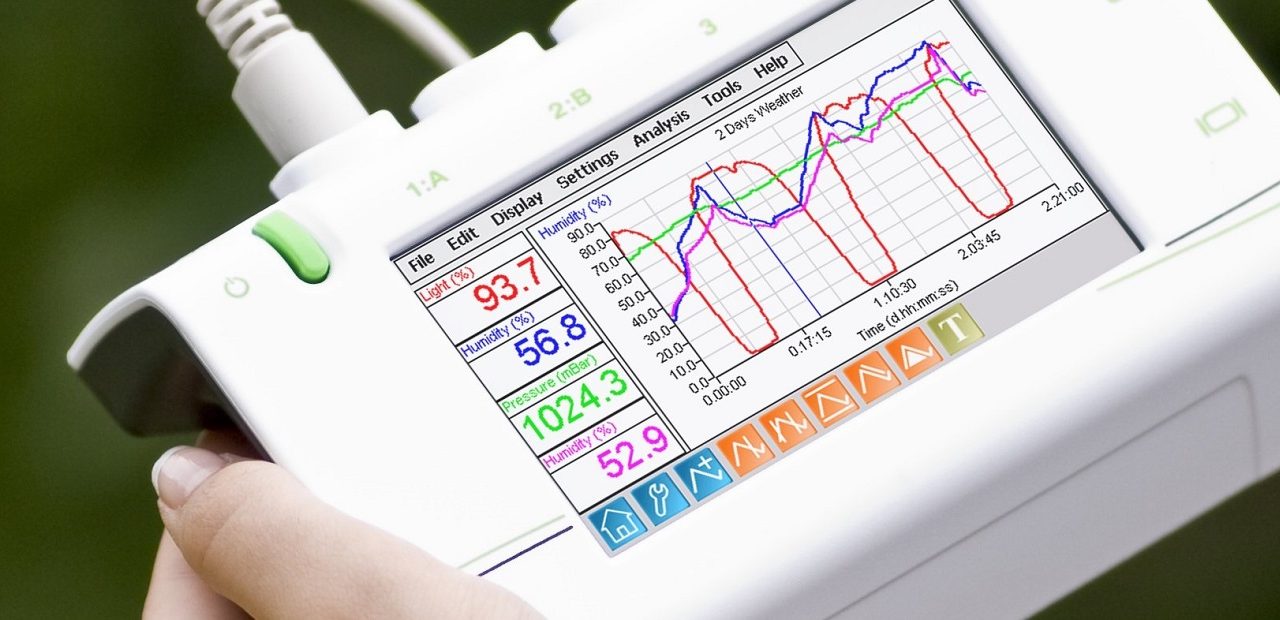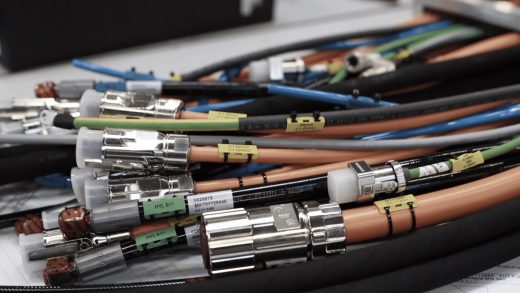Zeroing In On Data Logging Equipment
Let’s start immediately with clearing some things up. A data logger is in no way connected with Data from Star Trek chopping down trees, also it doesn’t have artificial intelligence (yet), but it is however, a highly sophisticated piece of equipment.
Now that we got that hilarious joke out of the way, it’s time to get serious. So, data loggers are electronic devices that are used to automatically monitor as well as record various environmental parameters over and extended period of time. This way certain conditions can be measured, documented, analysed, and finally, validated. Basically, data logging equipment is made up of a sensor that receives the information and a computer chip that stores it. The information acquired can then be transferred on a computer for further analysis. Data loggers can monitor a range of different parameters including temperature, power usage, sound, humidity, CO2, voltage, and so on.

Unlike data logging, data acquisition refers to a system that is connected to a computer and uses the computer’s storage and display. However, mainly due to the advancements in technology, these two terms are increasingly used interchangeably.
There’s no doubt that data logging equipment has a number of benefits. A very simple example for that is recording the temperature changes over a short period of time in a centrally heated room. You can do that by using a timer, thermometer, pen, paper, and constant human observation. An electronic data logger, on the other hand, does the job of all those tools and it is much more effective, accurate and reliable than taking manual readings over certain periods. Usually one or two logging runs are enough to see the benefits of using a data loggers and pinpoint the exact areas that would need some extra attention.
Data loggers have a wide range of applications in various industries world wide. For example, they are crucial to research into climate change, seasonal changes, weather patterns, and so on. They are used for efficiency management in buildings, by monitoring power usage, ventilation, air-conditioning and heating. In the food industry, they are used during preparation, storage, and transportation of food. They are also used by laboratories and healthcare, in the logistic industry, agriculture, manufacturing, museums, and so on.
Data loggers are required for a number of reasons. Most often it is to ensure compliance with specific regulations within certain industries and for quality and environmental control procedures. Another reason why data loggers are crucial is their ability to costs through energy efficiency and environmental management or reduce wastage of damaged or non-compliant goods.

















